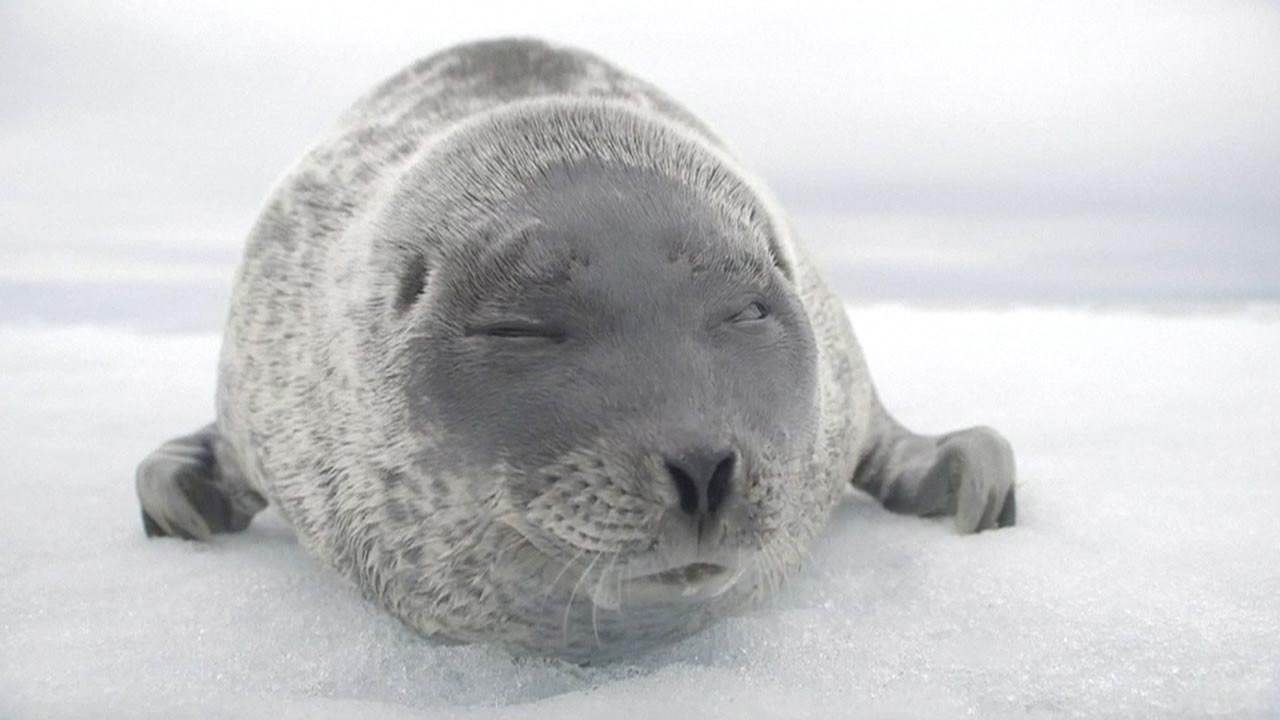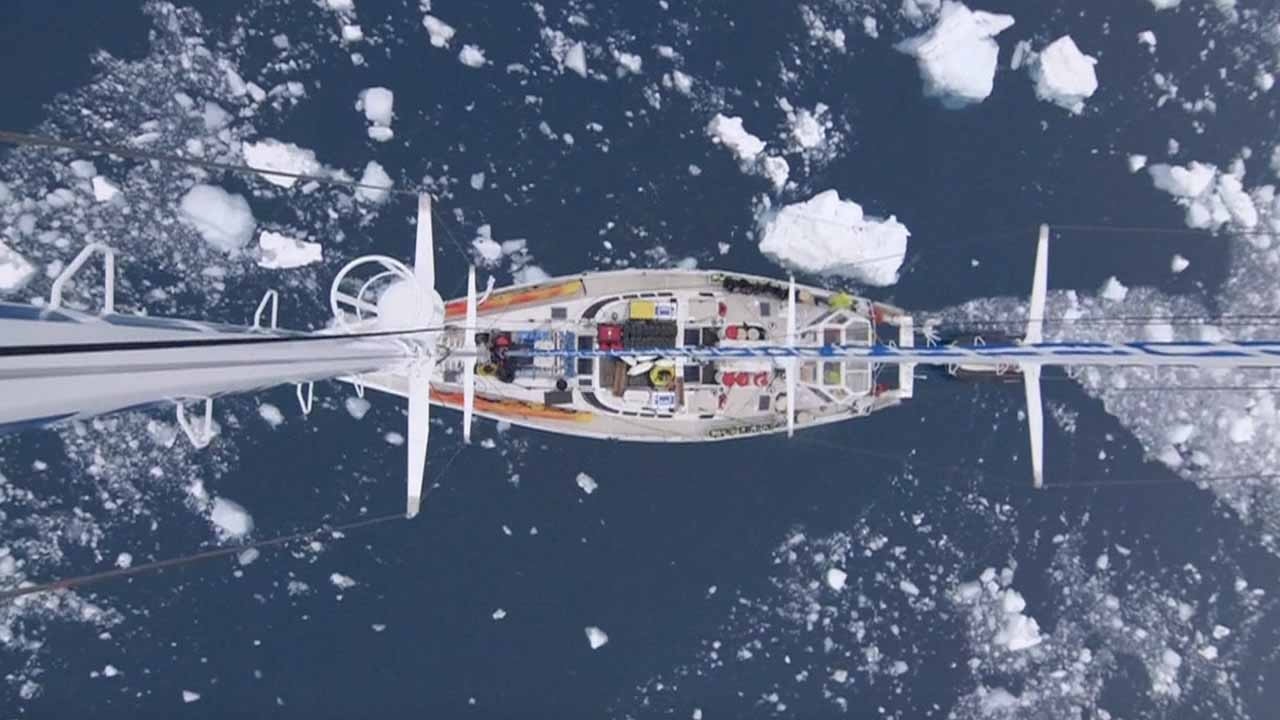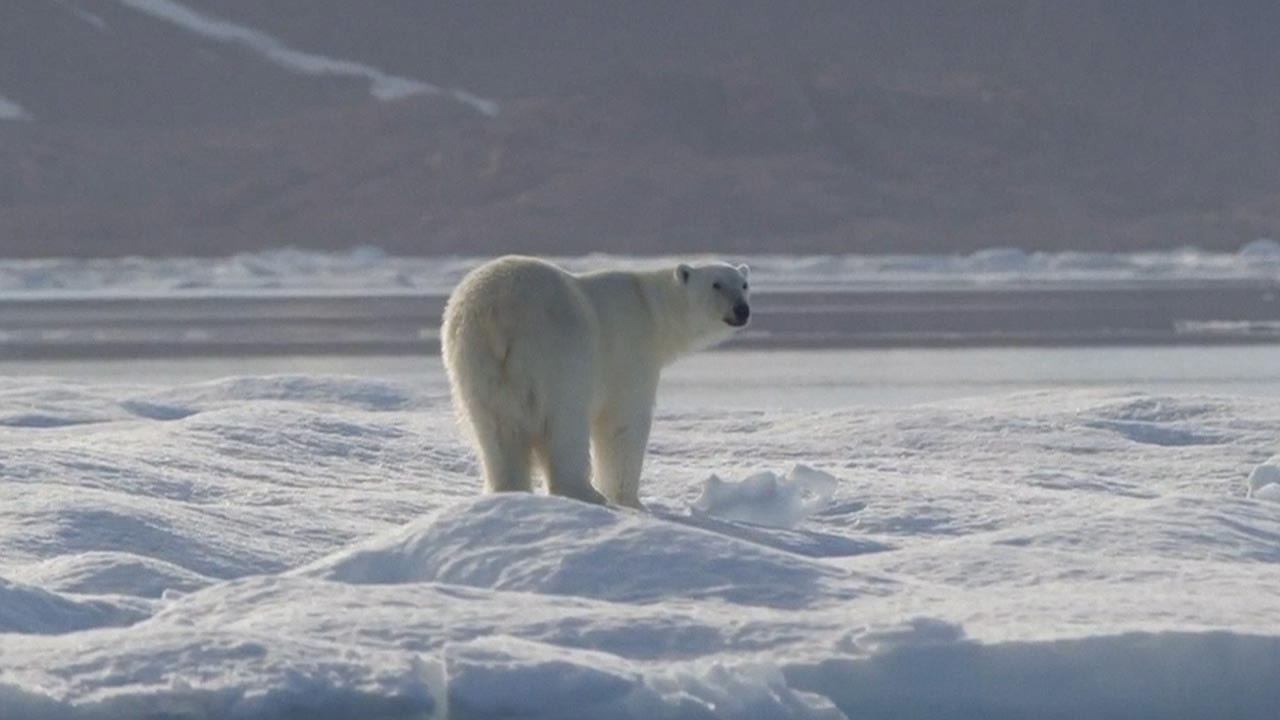
Tech & Sci
21:01, 25-Jul-2017
Warmer weather accelerates ice melting in Greenland

Sunnier weather is significantly accelerating the melting of Greenland's glaciers, exacerbating the effects of rising global temperatures, according to a British study.
For the past 20 years, a marked decrease in cloud cover over Greenland during the summer has allowed more solar radiation to warm glaciers and pack ice, according to research led by the University of Bristol and published in Science Advances.

A schooner makes it way through the ice. /VCG Photo
A schooner makes it way through the ice. /VCG Photo
Using satellite imagery and climate models, scientists found that a reduction of just one percent of summer cloud cover translates to the thawing of 27 gigatons of ice in Greenland, equivalent to the annual domestic water supply of the US.
Greenland has lost around 4,000 gigatons of ice since 1995, according to researchers, making ice melt on the massive island the biggest single contributor to rising sea levels.

Melting ice could prove problematic for indigenous animals. /VCG Photo
Melting ice could prove problematic for indigenous animals. /VCG Photo
"The impact of increased sunshine during summer is large, it explains about two-thirds of Greenland's melting signal in recent decades," said Stefan Hofer, the lead researcher on the study
"Until now we thought that the recent Greenland melt is caused almost exclusively by higher temperatures and the resulting feedbacks," he said
"Our study shows that there is more to the story than the local increase in temperatures and the change in cloud cover isn't just a blip, it's been happening for the last two decades. That was a big surprise," he added.
(Source: AFP)

SITEMAP
Copyright © 2018 CGTN. Beijing ICP prepared NO.16065310-3
Copyright © 2018 CGTN. Beijing ICP prepared NO.16065310-3